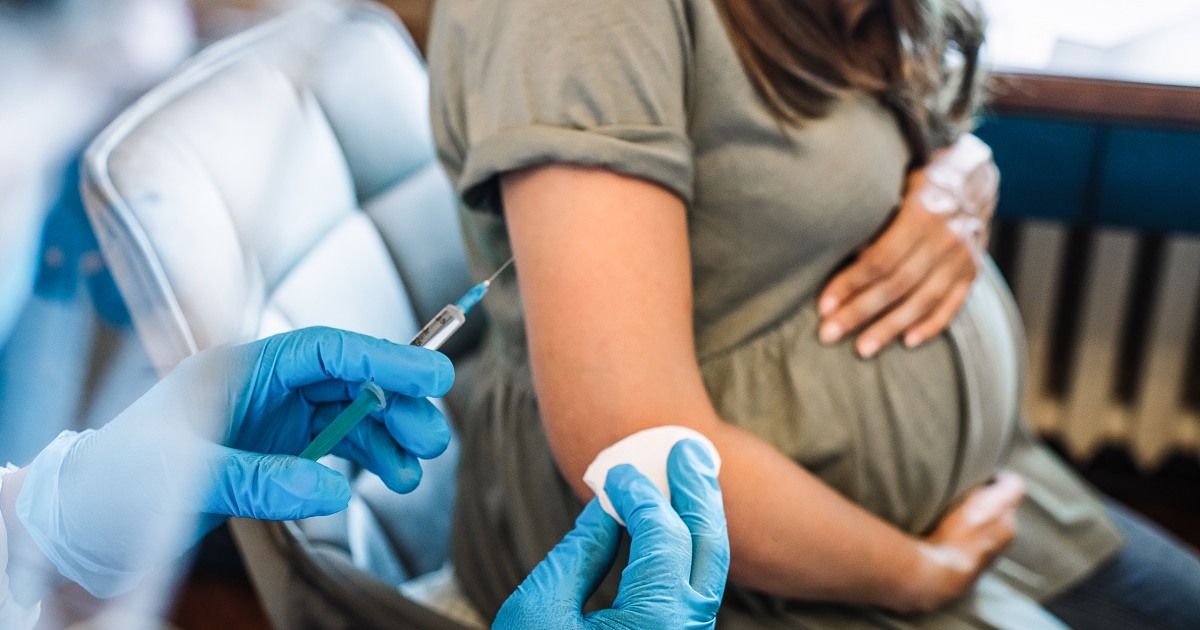Key takeaways:
- The U.S. Food and Drug Administration (FDA) has approved the first vaccine to protect babies from Respiratory Syncytial Virus (RSV) before they are born.
- The vaccine works by spurring the production of protective antibodies which are then transferred from mother to infant through the placenta.
- The approval of the RSV vaccine for pregnant women is a major breakthrough in the fight against the virus, and is expected to provide a much needed level of protection to infants in their first six months of life.
The U.S. Food and Drug Administration (FDA) has approved the first vaccine to protect babies from Respiratory Syncytial Virus (RSV) before they are born. The single-dose shot, made by Pfizer, is administered to pregnant people to protect their babies from RSV, a lower respiratory illness that can be severe in infants, through their first six months of life.
The vaccine works by spurring the production of protective antibodies which are then transferred from mother to infant through the placenta. This is the first vaccine that can protect babies from RSV, and it is expected to provide a significant level of protection to infants in their first six months of life.
Last month, the FDA also approved an injectable RSV drug for infants that delivers a dose of antibodies directly to the bloodstream. Vaccinations for older adults, who are also at high risk of RSV, are getting underway this fall using the same Pfizer shot plus another from competitor GSK.
The approval of the RSV vaccine for pregnant women is a major breakthrough in the fight against the virus. It is expected to provide a much needed level of protection to infants in their first six months of life, and will help to reduce the risk of severe illness in those most vulnerable to the virus.



Be First to Comment